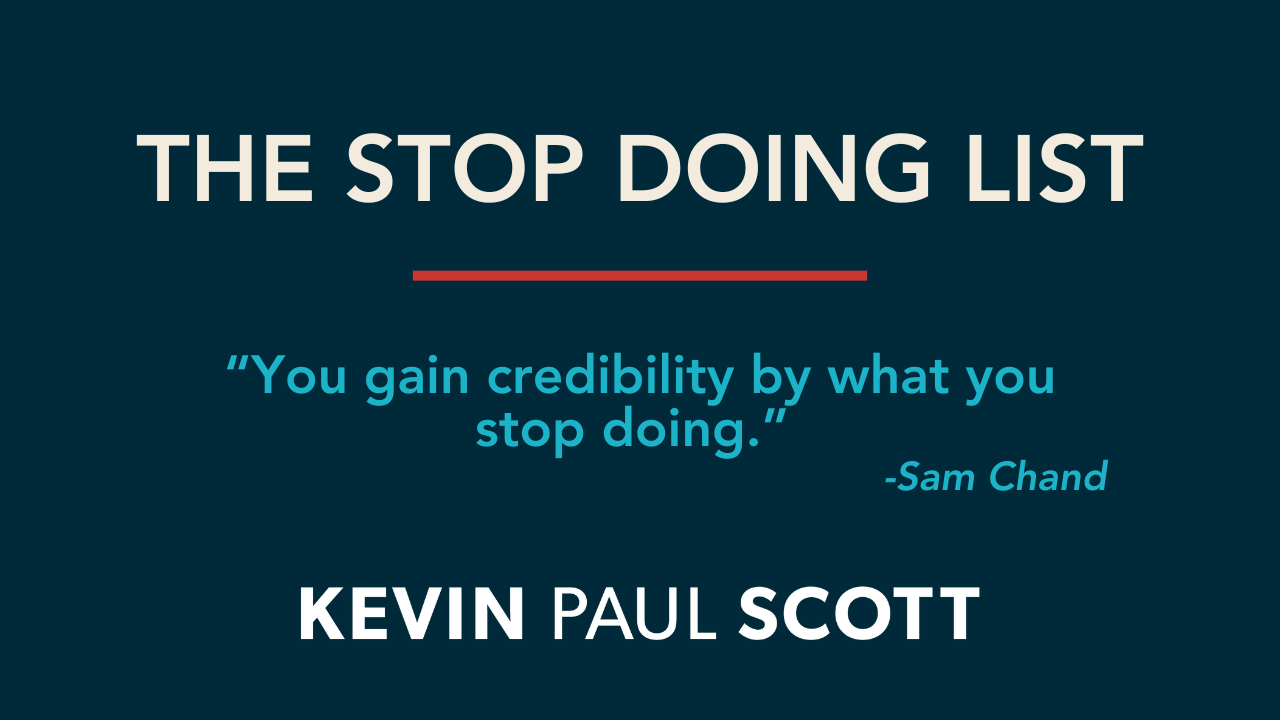In this world, one of the first and most important lessons we teach children is responsibility. Beginning in elementary school (and sometimes even preschool), we train students to complete simple tasks, like getting their homework signed by their parents or placing their backpacks in the same place every morning.
It seems like such a simple concept to grasp, but as adults, we still struggle with this idea of responsibility.
In the workplace, we get frustrated with our colleagues who don’t take ownership of the work they fail to complete.
In our neighborhoods, we’re infuriated with parents who walk away from their children and abandon their responsibility to raise, care, and provide for them.
In our relationships, we’re unhappy with people who constantly fail to follow through or keep their word.
However, the failure to complete a task or fulfill a commitment is only one part of our frustration. Not only do some people not do their jobs, they refuse to admit fault or be held accountable.
Responsibility is about more than doing what you say; it’s about taking ownership of your actions. This lack of personal responsibility is a crisis we are facing in the United States. We want to hold everyone else accountable, except ourselves. Today, I’m suggesting we look at responsibility in a new way—a way that may help us see more clearly.
Think about it like this: “Responsibility is simply your response to your ability.”
“Responsibility is simply your response to your ability.”
YOUR response to YOUR ability. It’s easy to abdicate responsibility when we compare ourselves to others. We can all find people who are willing to do less. People are unique and diverse. We come from different backgrounds and have different strengths and weaknesses, so our standards of responsibility cannot be the same.
However, when we understand that responsibility is how we choose to respond because of what we can do, we will respond appropriately. Responsibility is not a response to society’s standards; it’s not a response to what someone asks us to do; it’s not a response based on our feelings. Responsibility is how we respond to situations based on our ability.
Before making any more excuses, we should ask ourselves, “Did I have the ability to do this or not?” And if we did, we need to admit that we fell short and own it.
If I didn’t complete the work I promised my team I would finish, I need to acknowledge it, admit that I had the ability to do it, and commit to getting it done the next time.
If I am a parent, I am going to respond to my child not based on my preferences or how I’m feeling that day, but I going to seek to be the best parent I can be.
Right now, we all need to resist the temptation to think about someone else who needs to take responsibility for their actions. This week, think about your opportunities to take responsibility and respond based on your ability.

























.svg)




